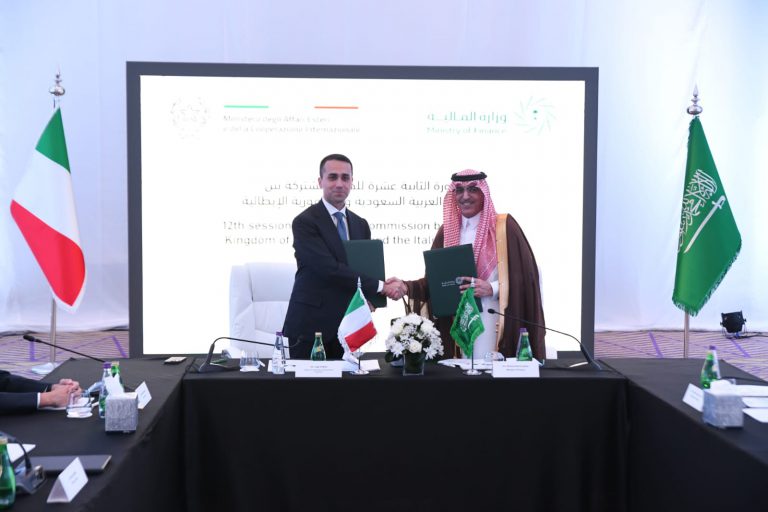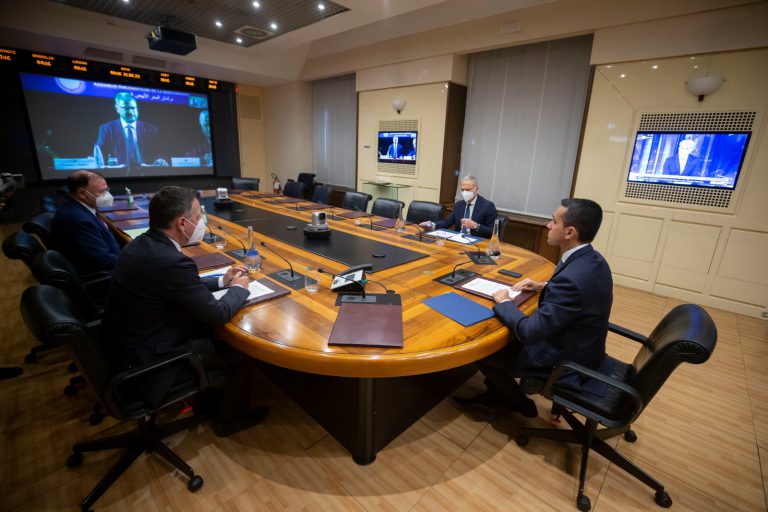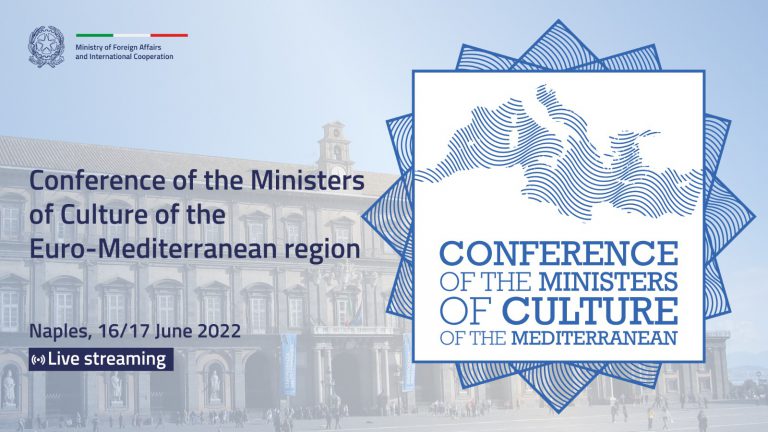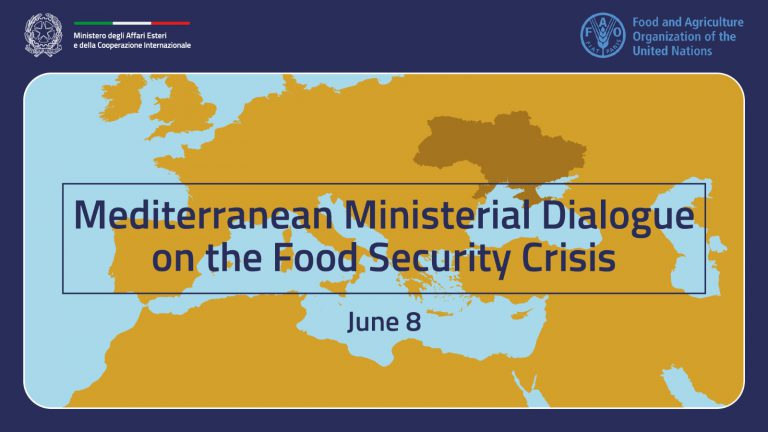Italy definitely rules out a military intervention in Syria, but the birth of a national coalition of the forces opposing Bashar al Assad is “an important turning point that can create the political conditions” for the end of the regime. The explanation was offered by Foreign Minister Giulio Terzi, who has been closely following the political and military development of the crisis in the months since it started. In an interview with Pubblico, Terzi did not conceal a degree of optimism as he spoke of a “credible turning point – at last”.
Minister, what happened in Doha?
“We’ve been trying for many months now to convince the fragmented elements of the Syrian opposition to find a form of unity and, above all, common goals and principles to work together. The existence of a true political alternative to the Assad regime should have emerged – in relations not just with the international community but, first and foremost, with the Syrian people. The events in Doha are a step in this direction, because a coalition of forces was created that includes, on the same level, the Syrian National Council (SNC), the local coordination committees acting within the country, and representatives of the various minorities: Christian, Alawite, Druze and, most important, Kurdish”.
The various elements of the opposition have undertaken to achieve unity and, most important, the goal of ceasing the violence. Will this alliance stand up?
“My feeling is that the conditions for a turning point are in place, and that the alliance will indeed stand up. First of all, in view of the quality of the personalities involved. The alliance includes the Sunni Imam, Ahmad Moaz al-Khatib [who will be elected President of the “National Coalition of Syrian Revolutionary and Opposition Forces”, ed. note]. And then there is Georges Sabra, head of the SNC, whose presence provides a guarantee of protection for the Christian minority. In addition, this crucial and demanding task is supported outside Syria, by the entire Arab world, by the Arab League, by the principal European and American Western leaders, and by Japan”.
How will all this influence the military stalemate? And how will they manage to defeat Assad?
“The political change could lead to greater unity on the military level too, in the insurgency and armed opposition forces. First of all, by creating the conditions for a unified command. There is a more direct link between the armed forces and the political head of the entire organisation, and this political head is inclusive and respects minorities, while embarking on the road to democratisation. This is all much more reassuring than the situation pre-Doha. Then, when we had fragmentation, the Jihadist movements went on infiltrating and for the international community it was impossible to find clear points of reference”.
But the international community has to date been very divided and incapable of intervention.
“Here too, I’ve seen a change in recent days, with China shifting from an attitude considered almost automatically to be linked to Russia’s, to a more pro-active line. Not least because it now views the crisis in the Middle East not just as a test for its status as a global player but also as a possible risk for its development potential, starting with energy supply. The declarations by the Russian Foreign Minister, Sergei Lavrov, to the effect that he is determined to take forward the dialogue with the government and opposition, is a significant factor that gives us a glimpse of a new dynamic”.
Will Italy intervene militarily to help topple Bashar al Assad?
“We absolutely rule out any military contribution. In Italy’s view, any peace operation must be linked to a framework of legality that derives from the decisions of the UN Security Council and from concerted action by the allied countries. Decisions at the national level have never been an option in operations of this type. We will, however, continue to support the opposition, as we have done thus far, by hosting a meeting in Rome and playing an active part in the “Friends of the Syrian People” group. We intend to make the utmost effort on the humanitarian front: we’re looking at a tragedy of colossal proportions. Just a few days ago, the Council of Ministers set humanitarian assistance for the Syrian people as a very high priority in the use of our cooperation funds. We are identifying how best to use the allocated funds to bring us into line with the effort made by the other major European countries”.
You are a former Ambassador to Washington. Is Obama’s victory good news?
“It’s excellent news, because I believe that Obama’s America should be viewed by Europe as an America whose economic fundamentals are stronger. An America that will continue along a road that includes a progressive approach to the question of public debt, while also pursuing a recovery in the economy and in demand. The administration is working to rebalance a key factor that over the last ten years or so had become unbalanced: the relationship between the middle class and the higher income groups. America’s fiscal policy is again viewing a recovery in middle-class purchasing power as a vital driver in the recovery of domestic demand. Moreover, the bond with Europe is very strong. During the most difficult days for the Eurozone, the American President maintained very close contact with Rome and with the other European capitals. Obama’s administration most certainly has a more open and supportive attitude to European integration than other US administrations”.
Will our marines be home in time for Christmas?
“We’re waiting for a ruling by the Supreme Court in New Delhi, which is late in coming. For our part, we have every reason, on the judicial level, to expect a favourable verdict on two key aspects of the case: flagship sovereignty for ships in the high seas, and our functional jurisdiction over our military personnel, as organs of the state. This second factor concerns the dignity of our armed forces, as represented by two men who have been held for eight months – illegally and without grounds – by a foreign state. On this question, Italy is determined to have the legitimacy of its position recognised”.
Will you stand as a candidate after the technocrat government’s mandate expires?
“That’s not a question I even consider”.
And if others put the question to you?
“Even if they ask me, I’ll go on doing what I’m doing right now, up until the very last day”.







